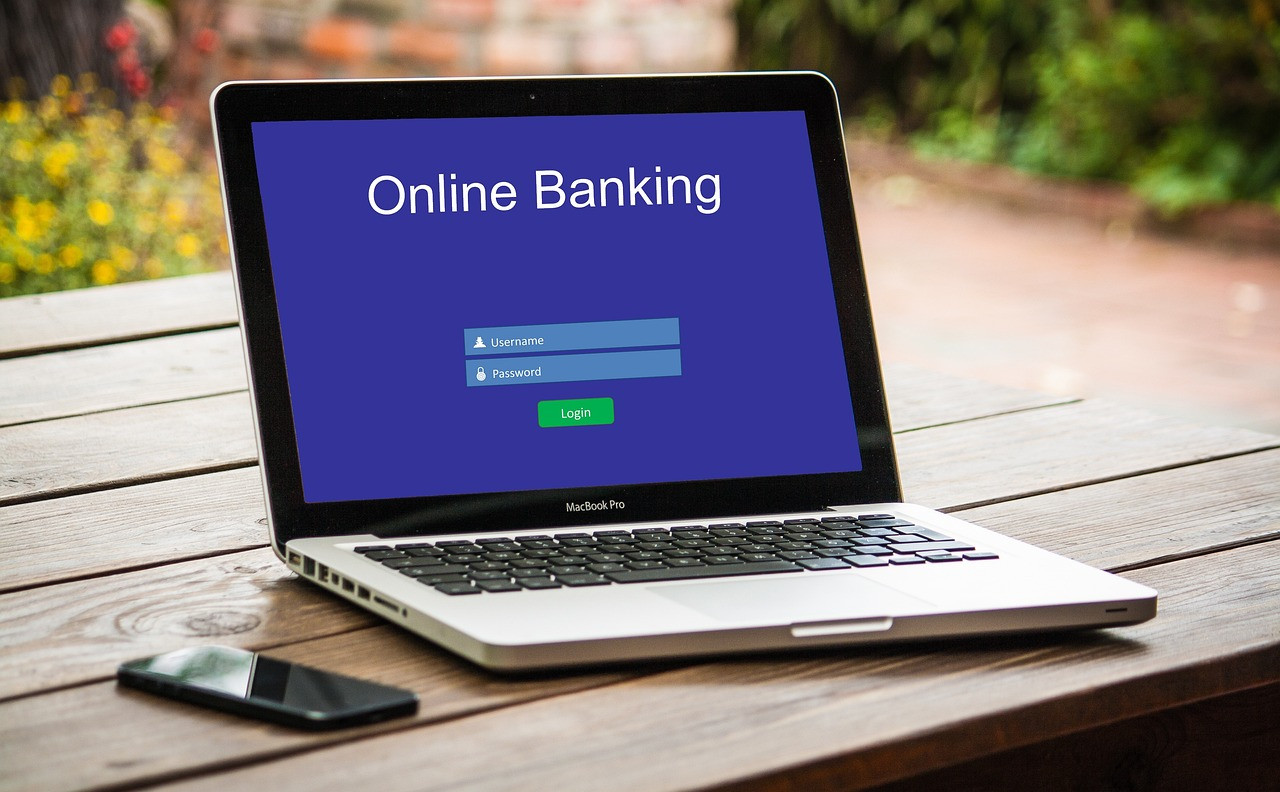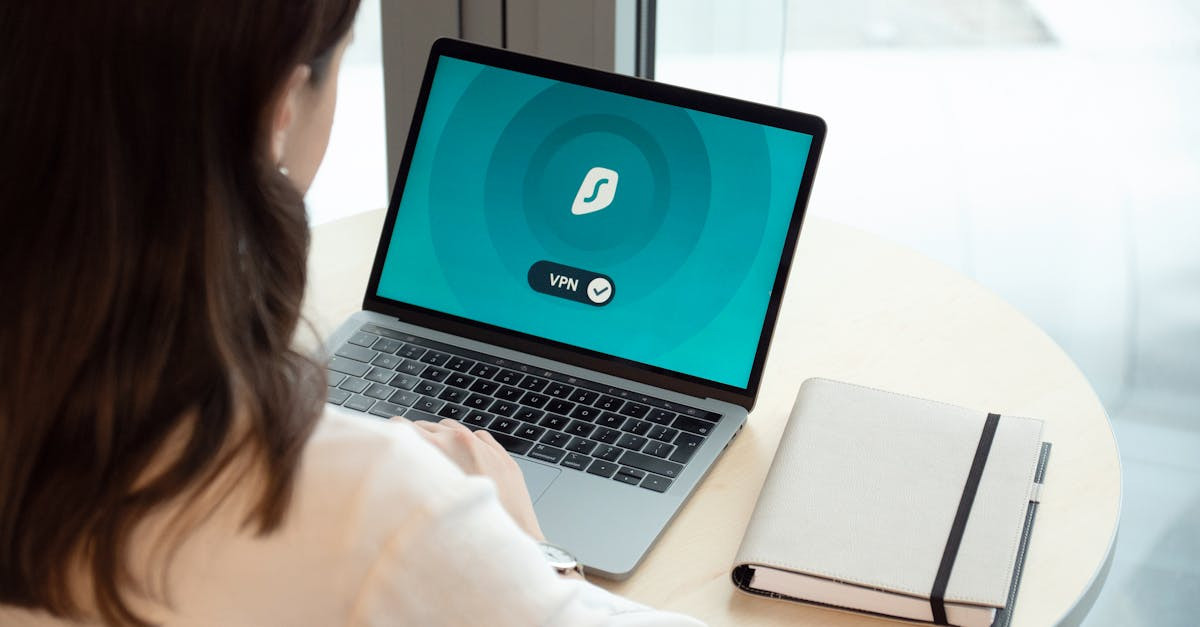In today’s digital age, every user and organization is under cyber threat whether they know it or not. Data breaches, phishing attacks, and stolen credentials do major financial damage while violating your privacy. The good news is, by adopting a few basic measures you can dramatically upgrade your defenses and reduce your vulnerability.
Strong Unique Passwords
One of the easiest but most important steps is creating strong, unique passwords for every account. Any password you use should be at least 16 characters long and ideally consist of multiple words or passphrases, avoiding predictable patterns or personal info. Using the same password across multiple services is asking for trouble. A breach in one place could give fraudsters access somewhere else.
Use A Password Manager
To manage all the crazy variety of passwords you use without forgetting them all, use a dedicated password manager. These apps securely generate and store strong credentials, and you only have to remember one master password. Many of these managers do auto-fill, secure password sharing, and integration with multi-factor authentication (MFA), which makes them a must for maintaining digital sanity. That brings us to our next topic.
Enable Multi‑Factor Authentication
Multi-factor authentication (MFA), like SMS codes, authentication apps, or hardware tokens, adds another barrier to your password to really secure your online identity. Implementing MFA whenever and wherever possible greatly cuts down the chances of unauthorized access, even if your credentials get compromised. CISA (Certified Information Systems Auditor) emphasizes MFA as a top-tier cyber security step.
Keep Your Software Up To Date
Outdated software makes cyber-attackers lick their chops at the thought of exploiting a vulnerability. Enabling automatic updates for your operating system, browsers, apps, and firmware gives you the peace of mind of getting timely security patches and minimizes your exposure.
Beware Of The Phishermen
More than 90% of successful cyber-attacks start with phishing, ie, fake emails, messages, or calls set up to deceive you into giving up sensitive data or installing malware. Always verify who the sender is, hover your mouse cursor over links before clicking on them, and make a habit of ignoring attachments from unknown sources. If in doubt, contact the sender directly. You’ll quickly get a sense of whether they’re legit or not.
Back Up, Back Up, Back Up
As the heading above suggests, you need to back up important files to an external drive or at least an encrypted cloud storage file kept separate from your computer. If ransomware strikes or devices are lost, backups will get you back on your feet again without giving in to demands or losing critical data.
Use Antivirus And Malware Protection
Protect your devices with reputable antivirus and anti-malware software, and keep this software updated. These tools alert you to suspicious activity, quarantine threats, and offer real-time protection. Antivirus is all important for desktop and mobile security.
Secure Your Network
When using public Wi‑Fi, use a trusted VPN to encrypt your connection and hide data from digital intruders. At home, update your router’s firmware, change default credentials, and put in place strong encryption (like WPA3) to lay in your network perimeter as the outer shield of a multilayered cybersecurity defense system.
Educate Yourself And Those Around You
Almost half of data breaches are the result of human error. Stay up to date on all the latest cyber threats and share best practices with family or colleagues. Awareness is crucial: recognizing phishing, spotting unusual account behavior, and reporting anomalies are the first line of defense. You’ll be busy with this one, as the threat environment is constantly evolving.
Go Through And Get Rid Of Old Accounts
Old unused accounts a lot of times will lack updated protections. They can be overlooked entry points for cyber attackers. Audit your online presence from time to time, and delete inacitve accounts. Strengthen or enable MFA on any that you have to keep.
Treat Cybersecurity As Never-Ending
Cyber threats are constantly evolving, so your attitude toward cybersecurity must be aggressive. Review your defenses regularly, adopt new measures such as non-password authentication or biometrics, and treat security as a fundamental, ongoing responsibility. You may dream of different ways that a cyber-scammer should be punished, but the most effective punishment is to not let them in in the first place.
You May Also Like:
The Consequences Of Smartphone Addiction—And How To Curb It
Memory Loss: What's Normal And When It's Time To Be Concerned
Declutter Your Home, Declutter Your Mind: Pushing Back Against The Chaos











